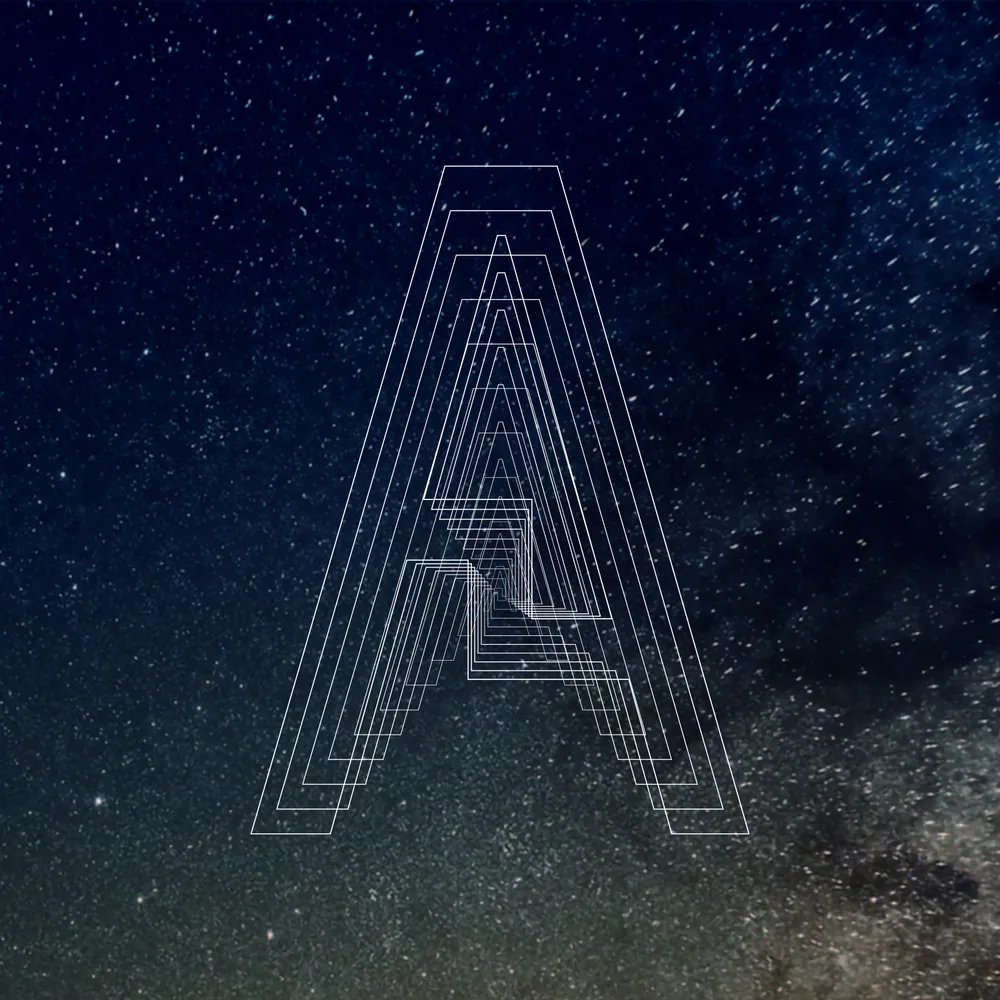Exploring the Cosmic Depths: A Journey Through “Astrarium” by Ace of Hertz

Album Review: “Astrarium” by Ace of Hertz
Written By: Dan Eachus
In the vast expanse of electronic music, where genres intermingle and sonic landscapes shape-shift, there emerges an album that transcends the ordinary, propelling listeners into the uncharted territories of the cosmos. “Astrarium,” the debut album by Ace of Hertz, catapults its audience into a celestial odyssey through a fusion of ambient, synthwave, and science fiction-inspired compositions. Crafted by the meticulous hands and creative mind of Riccardo Coppola, this album serves as a testament to a decade-long fascination with computer music, ambient textures, and the dramatic allure of soundtracks.
Released on May 3rd, 2024, “Astrarium” is not merely a collection of tracks; it is an immersive experience, a sonic voyage that invites listeners to traverse the depths of space with each pulsating beat and ethereal melody. Coppola’s vision for Ace of Hertz was born from a desire to encapsulate the essence of space exploration, blending digital and physical synthesizers with snippets sourced from the NASA digital sound archive. The result? Eight intricately woven compositions that resonate with a sense of cosmic wonder and exploration.
From the opening notes of “One a Start,” the album sets the stage for its interstellar journey. The track’s pulsating bassline, derived from a sonified spectrogram of a star, establishes a hypnotic rhythm that underpins the album’s overarching theme. As the journey unfolds, listeners are enveloped by the lush soundscapes of “Nova Atlantis” and “The Message,” where thick pad layers and high-pitched sequencers intermingle, painting a vivid sonic tapestry of distant galaxies and uncharted nebulae.
One of the album’s standout tracks, “Arecibo,” pays homage to the iconic Arecibo Observatory, infusing its composition with an otherworldly allure that captures the imagination. With each note, Coppola conjures images of radio telescopes scanning the cosmos, seeking out signals from civilizations beyond our own. Similarly, “Vela” and “Tyr” delve deeper into the mysteries of space, evoking a sense of awe and reverence for the celestial bodies that populate our universe.
As the album reaches its climax, “Godspeed” serves as a fitting conclusion to the cosmic odyssey embarked upon by Ace of Hertz. With its pulsating rhythms and celestial melodies, the track encapsulates the exhilarating thrill of interstellar travel, bidding farewell to the listener as they journey back to the familiar confines of Earth.
Throughout “Astrarium,” Coppola demonstrates a masterful command of his craft, seamlessly blending elements of ambient, synthwave, and science fiction-inspired soundscapes to create a cohesive and immersive listening experience. Each track unfolds like a chapter in a cosmic saga, inviting listeners to lose themselves in the vast expanse of the universe.
In conclusion, “Astrarium” stands as a testament to Riccardo Coppola’s boundless creativity and unwavering passion for electronic music. With its evocative compositions and ethereal melodies, the album transcends the boundaries of genre, offering listeners a glimpse into the awe-inspiring beauty of the cosmos. For fans of ambient electronica and space-themed soundtracks, “Astrarium” is a must-listen, a sonic journey that promises to transport listeners to the farthest reaches of the universe and beyond.






